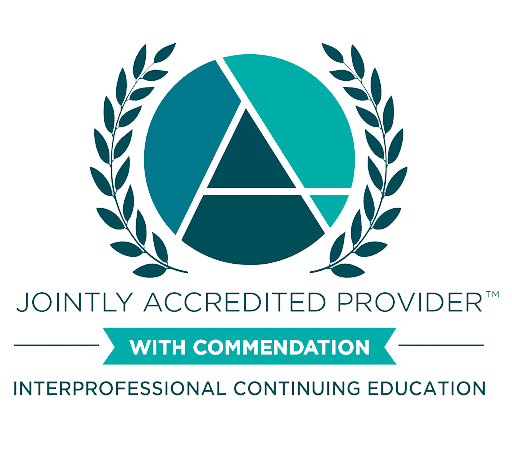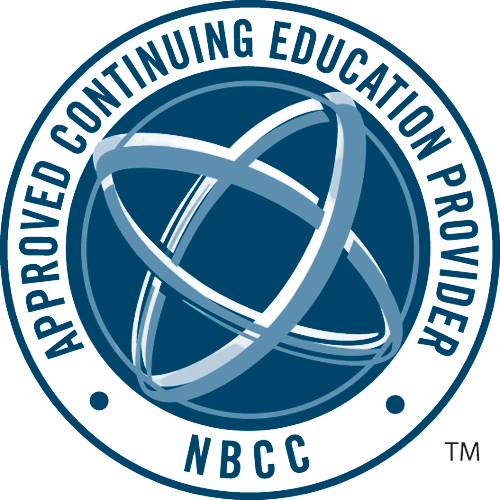A Resource for Healthcare and Social Services Professionals
November 6, 2024
12:00 pm–1:15 pm ET
As part of the twice-monthly SUD Care Continuum ECHO® series, Matthew Heerema, MS, LMHC will present a didactic about core factors in clinical communication and how lessons from behavioral health research can be utilized by providers across the addiction care continuum. The didactic will be followed by a de-identified patient case presentation from an ECHO® participant and recommendations from the panel of experts and attendees. All disciplines are welcome.
Via Zoom
Boston Medical Center's (BMC) drop-in series Substance Use Disorder Care Continuum ECHO® (SUD Care Continuum ECHO®) offers training and support in addiction treatment, with a focus on supporting front line addiction treatment workforce. This includes health providers in Acute Treatment Services (ATS), Crisis Stabilization Services (CSS), Transitional Support Services (TSS), Opioid Treatment Programs (OTP), long-term residential program, sober and recovery homes, primary care, and psychiatry. This free, case-based tele-mentoring program is designed to increase the capacity of health care providers to implement high-quality and evidence-based addiction treatment.
Advanced Practice Registered Nurses (APRN), Physicians (MD/DO), Physician Assistants (PA), Nurses (LPN/RN), Social Workers (LCSW/LICSW), Licensed Mental Health Counselors (LMHC), Licensed Alcohol and Drug Counselors (LADC), Certified Alcohol/Drug Counselors (CADC), Community Health Workers (CHW), Recovery Coaches.
Matt is a Clinical Research Coordinator for Boston Medical Center's Grayken Center for Addiction Training and Technical Assistance, prepares and implements research studies, and coordinates Grayken TTA's MA and SUD ECHO® programs and Empowering Loved Ones educational group. Matt earned a bachelor’s in sociology from Boston University and a master’s in mental health counseling from the University of Massachusetts-Boston.
Following this training, participants will have the knowledge to:
Understand the core factors that contribute to positive behavioral health treatment outcomes.
Describe how healthcare providers in a variety of clinical roles and settings can benefit from understanding these factors.
Discuss practical tools for utilizing these factors and improve patient care.
Massachusetts Department of Public Health, Bureau of Substance Addiction Services (DPH/BSAS).
Funding for out of state attendees is provided by the Opioid Response Network (ORN).
Funding for this initiative was made possible (in part) by grant no. 1H79TI085588-02 from SAMHSA. The views expressed in written conference materials or publications and by speakers and moderators do not necessarily reflect the official policies of the Department of Health and Human Services; nor does mention of trade names, commercial practices, or organizations imply endorsement by the U.S. Government.
REQUIREMENTS for credit
Please note this policy is strictly enforced for accreditation purposes. Participants will forfeit collection of credit and certificates of completion if more than 10 minutes of the training is missed.
Joint Accreditation Statement for CME, Nursing and Social Work
 In support of improving patient care, Boston University Chobanian & Avedisian School of Medicine is jointly accredited by the Accreditation Council for Continuing Medical Education (ACCME), the Accreditation Council for Pharmacy Education (ACPE), and the American Nurses Credentialing Center (ANCC), to provide continuing education for the healthcare team.
In support of improving patient care, Boston University Chobanian & Avedisian School of Medicine is jointly accredited by the Accreditation Council for Continuing Medical Education (ACCME), the Accreditation Council for Pharmacy Education (ACPE), and the American Nurses Credentialing Center (ANCC), to provide continuing education for the healthcare team.
CME
Boston University Chobanian & Avedisian School of Medicine designates this live activity for a maximum of 1.00 AMA PRA Category 1 Credit(s)™. Physicians should claim only the credit commensurate with the extent of their participation in the activity.
Nursing
Nursing Contact Hours: 1.00 number of contact hours of which 0.00 are eligible for pharmacology credit.
Social Work
As a Jointly Accredited Organization, Boston University Chobanian & Avedisian School of Medicine is approved to offer social work continuing education by the Association of Social Work Boards (ASWB) Approved Continuing Education (ACE) program. Organizations, not individual courses, are approved under this program. Regulatory boards are the final authority on courses accepted for continuing education credit. Social workers completing this course receive 1.00 general continuing education credits.
LMHC
 BMC Grayken Center of Addiction TTA has been approved by NBCC as an Approved Continuing Education Provider, ACEP No. 7188. Programs that do not qualify for NBCC credit are clearly identified. BMC Grayken Center of Addiction TTA is solely responsible for all aspects of the programs. For this program, 1.00 contact hours will be offered to participants who attend the training and complete the evaluation.
BMC Grayken Center of Addiction TTA has been approved by NBCC as an Approved Continuing Education Provider, ACEP No. 7188. Programs that do not qualify for NBCC credit are clearly identified. BMC Grayken Center of Addiction TTA is solely responsible for all aspects of the programs. For this program, 1.00 contact hours will be offered to participants who attend the training and complete the evaluation.
LADC/CADC & Recovery Coach
Grayken Center for Addiction TTA is approved to offer LADC/CADCs and recovery coaches who complete this course 1.00 general continuing education credits.
Disclaimer
Continuing education (CE) requirements vary by license and jurisdiction. When requesting continuing education credits, please ensure you are following the rules and regulations determined by the board regulating your license. Boston Medical Center Grayken Center for Addiction TTA does not oversee adherence to licensing requirements and regulations.
THIS CONTINUING EDUCATION PROGRAM IS INTENDED SOLELY FOR EDUCATIONAL PURPOSES FOR QUALIFIED HEALTHCARE PROFESSIONALS. IN NO EVENT SHALL BOSTON UNIVERSITY BE LIABLE FOR ANY DECISION MADE OR ACTION TAKEN IN RELIANCE ON THE INFORMATION CONTAINED IN THE PROGRAM. IN NO EVENT SHOULD THE INFORMATION CONTAINED IN THE PROGRAM BE USED AS A SUBSTITUTE FOR PROFESSIONAL CARE. NO PHYSICIAN-PATIENT RELATIONSHIP IS BEING ESTABLISHED. IN NO EVENT SHOULD INFORMATION IN THE MATERIALS REGARDING LAWS, REGULATIONS, OR LEGAL LIABILITY BE CONSIDERED LEGAL ADVICE OR USED AS A SUBSTITUTE FOR CONSULTING WITH AN ATTORNEY.